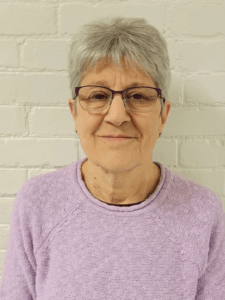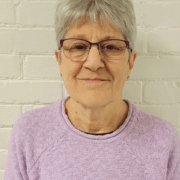CASA Advocate Judith Kumin
In 2012, Judith Kumin closed the book on a 35-year career spent living around the globe working for the United Nations Refugee Agency, and moved to New Hampshire to care for her aging parents. Similar to turning the final page of a familiar novel and cracking open the binding on a new story, Judith wanted to find new pursuits that would be meaningful and engaging. For her, this meant continuing to be involved in social issues and helping others. Supporting children in the child protective system as a Court Appointed Special Advocate, and tutoring high school English language learners are the ways in which Judith has found fulfillment in this latest chapter.
her aging parents. Similar to turning the final page of a familiar novel and cracking open the binding on a new story, Judith wanted to find new pursuits that would be meaningful and engaging. For her, this meant continuing to be involved in social issues and helping others. Supporting children in the child protective system as a Court Appointed Special Advocate, and tutoring high school English language learners are the ways in which Judith has found fulfillment in this latest chapter.
“When I worked for the UN,” says Judith, “I was involved in big programmatic issues, policy issues, running huge programs, like the whole refugee program in the former Yugoslavia during the war.” As a tutor and volunteer child advocate, Judith says, “Now, the work I do is on a more micro level.”
By working with a child or youth one-on-one, Judith has the opportunity to build relationships and help in a whole new way. “Being able to be kind of an anchor for children is meaningful. It’s not true in all cases, but I’ve had some where a real connection has been made. I would say a connection for life, where I’m interested in what happens with these children. Their cases have long been closed, but they’re interested in keeping me informed of their lives. That’s very gratifying. You’ve seen them through a really tough time, and now they’re launched and sharing their achievements with you for no reason other than that you made a bond years ago.”
Judith says one of the most rewarding cases she’s advocated on involved two siblings who had experienced extreme trauma. During the case, the children were placed in a respite home while arrangements were being made for their adoption into a different home. The siblings had not yet met the family that was set to adopt them, and in the meantime, as Judith puts it, “The children and the parents in the respite home fell in love with each other.”
Judith explains, “The respite parents were certified adoptive parents and had already adopted one child. I don’t know how to describe it, but it was like the kids walked in the door and they had found their home. When DCYF told them they were leaving to go to a pre-adoptive home, the children refused. So, I talked to the kids, and I talked to the respite parents, and I told them, ‘I am going to argue as hard as I can for you to stay here, because I can see that it’s just as if you were born into this family.’
As promised, Judith kept pushing, and in the end DCYF agreed and the children were very quickly adopted by the respite family. “That was years ago, but they’ve stayed in touch. I was invited to one of their high school graduations, and the adoptive mom sends me family updates on vacations and school events.
“It might have worked out with the family DCYF chose for the children, but it might not have. Yet this was a match made in heaven, they just were right for each other, you could feel it and see it. These were the most articulate kids I have ever met, and I’m a teacher, so I’ve met a lot of kids. These kids were really adamant and advocated for themselves, and they needed someone to take their side and fight for them. That was probably my most gratifying case.”
Judith encourages others to consider volunteering as a CASA. She says, “There’s a world of difference between reading about the case on paper and getting to know the child through years of visits, court hearings, and phone calls. It’s a really fascinating field of law, but it’s also a fascinating field of social policy, and it’s a chance to make a difference. Explore it. And if you decide it isn’t for you, there’s no shame in that. But if you decide it is for you, it’s probably going to end up being a long-term commitment.” In Judith’s case, a 12-year commitment, and one she has no plans of stopping.
During her lengthy and remarkable career, Judith worked with many volunteer organizations in all parts of the world. “I’ve never encountered a situation like this,” she says, “where a nongovernmental organization recruits volunteers who are professionals, and they’re trained and treated like professionals, not just by the organization but by the state. It’s written into the law that we’re a full party to the case. That is a really remarkable model, and I don’t know if it’s replicated in any other agency. I think it’s a terrific way to make use of the huge range of knowledge and skills that’s out there. I’m always impressed at gatherings of CASAs to see what everybody brings to the table.”
For all the places Judith has worked and called home, how fortunate it is that she found her way to CASA of NH. The lives of the many children she’s worked with are truly better for it, and she’d heartily agree that so is her own.
If you would like to become a CASA volunteer advocate and help children, consider attending an upcoming virtual information session to learn more, or submit an application today.




